This Is Me_01
Each image is intended to place before the viewer this question: If I am more than my physical appearance, what else is there? Stated differently: If understanding one's identity or "self" begins with "looks", where does it end?
Critical to answering those questions is exploring if, and how, social media influences the process of developing and understanding one's identity. Does social media, for example, impact one's presentation of "self"? And, if so, how? And, what are the consequences, if any?
Immediately it is clear that the submitted portraits are not self-portraits - at least not in a conventional sense. But do they even reveal the identity of those whose physical characteristics are exhibited? Well, maybe, partially. Consider this: "Photo ID" is an object universally presumed valid as proof of identity, at least on a superficial level. But "looks" are not identity - just convenient evidence of only one aspect of identity – and suspect even when presented in the intended, limited and functional sense (think rampant fraud).
The work submitted goes beyond the false, even alarming, notion of "appearance as identity". The presented images suggest that social network platforms falsely "advertise" identity by enabling, even encouraging, the creation and sale of quite different "goods", i.e. who we think we are, who we want to be, or who others think/expect us to be - a product quite different from who we actually are. It's the "Looking Glass Self" concept on steroids. (http://en.wikipedia.org/wiki/Looking_glass_self). I conclude that social media irresponsibly marginalizes even physicality as one element of identity.
What then are the implications of such irresponsibility? For one thing, Facebook encourages participants to create and develop relationships by posting pictures and/or truncated communications. Dating services, for example, do the same. But is that possible if identity is false? Facebook itself acknowledges that about 83 million of its accounts are fraudulent. How many others are "managed"? And consider this: Pinterest actively discourages participants from creating and posting personal documents that might provide insight to true identity.
I believe social media sites, at best, sideswipe the process of self-development, knocking it off course. At worst they crush it completely. The question that continues to go unanswered is: What more could social media be doing to acquaint participants with who they really are? Shouldn't understanding one's "self' be centered on discovering the "fingerprints" of identity, i.e. feelings, emotions, instinct, and the like?
Well, so what? You might ask. Isn't social media just for fun? Well, yes and no. Understanding oneself can be an arduous process of discovery but crucial to individual well-being. Conflating physical appearance, for example, with identity, if never examined, unconsciously sabotages interest in, and concern about, the value of that process. What's more, conveniently reducing identity to a single dimension eventually hard wires in individuals a damaging, yet all-inclusive “this is me” construct, allowing little or no room for one to evolve. Evolve? Did I just acknowledge that in the end, there is no end? I think so.
 Share / Save
Share / Save

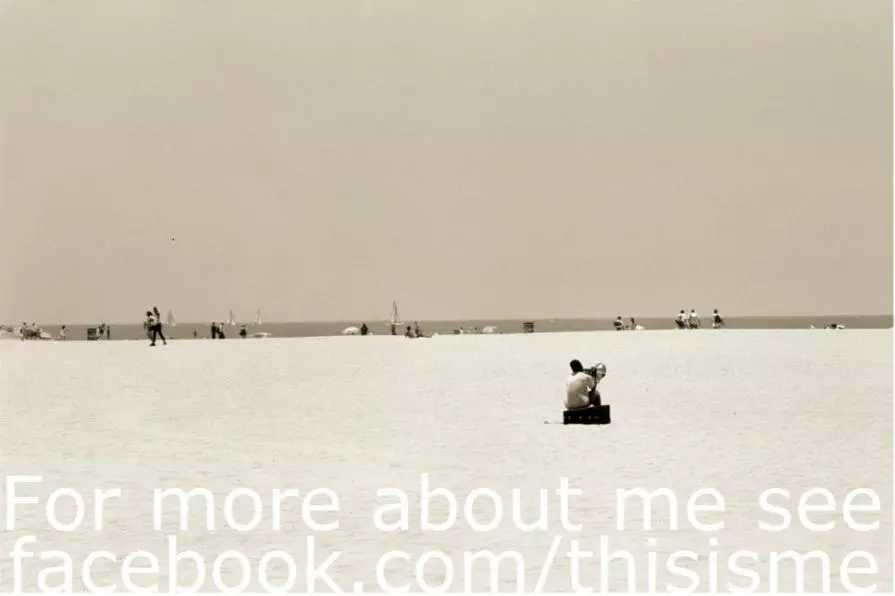

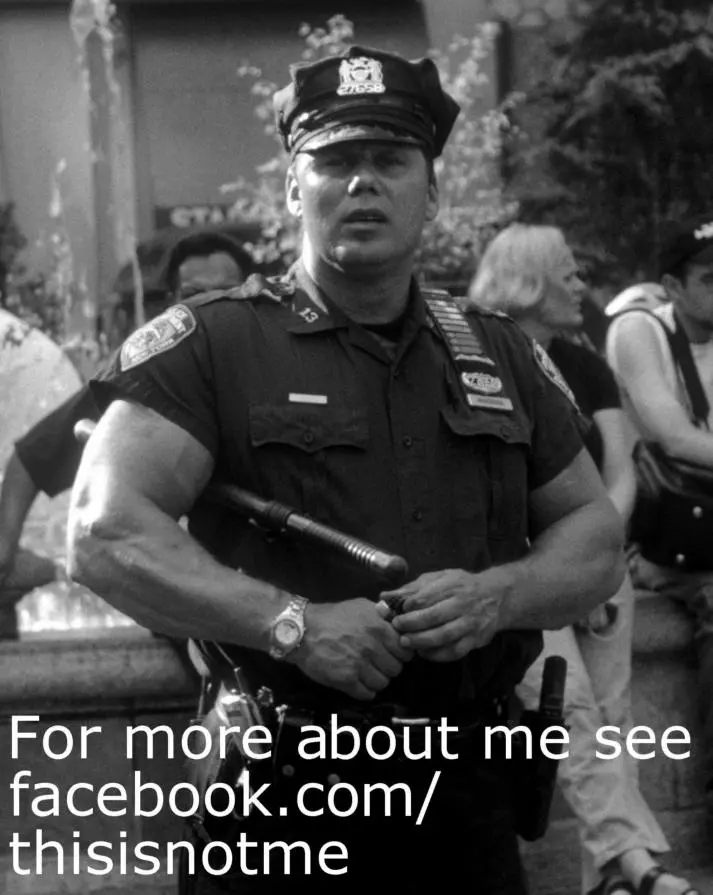
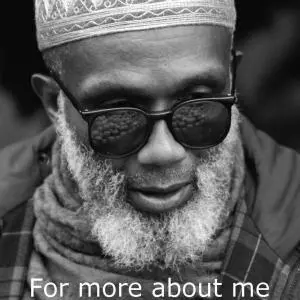
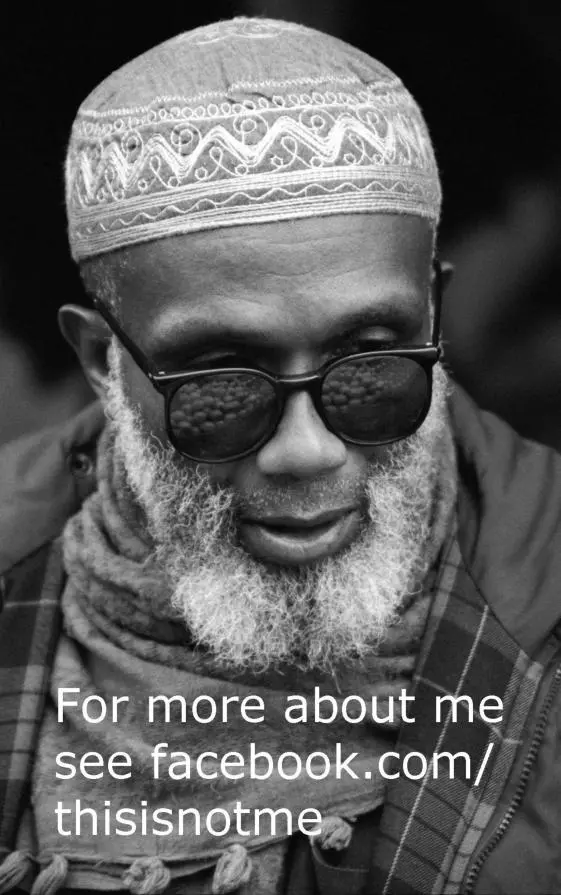


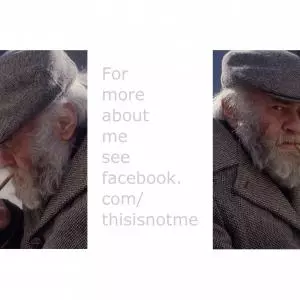
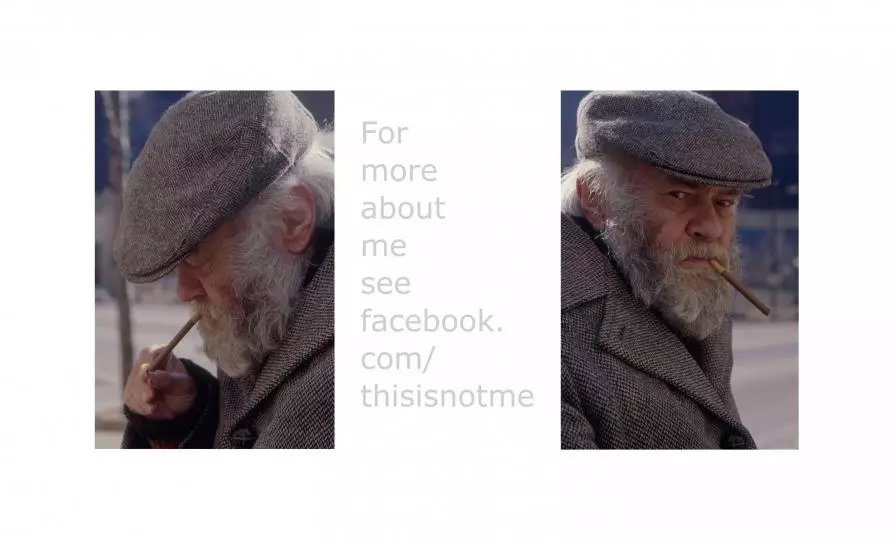


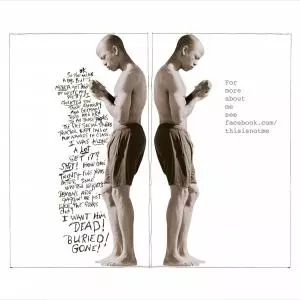
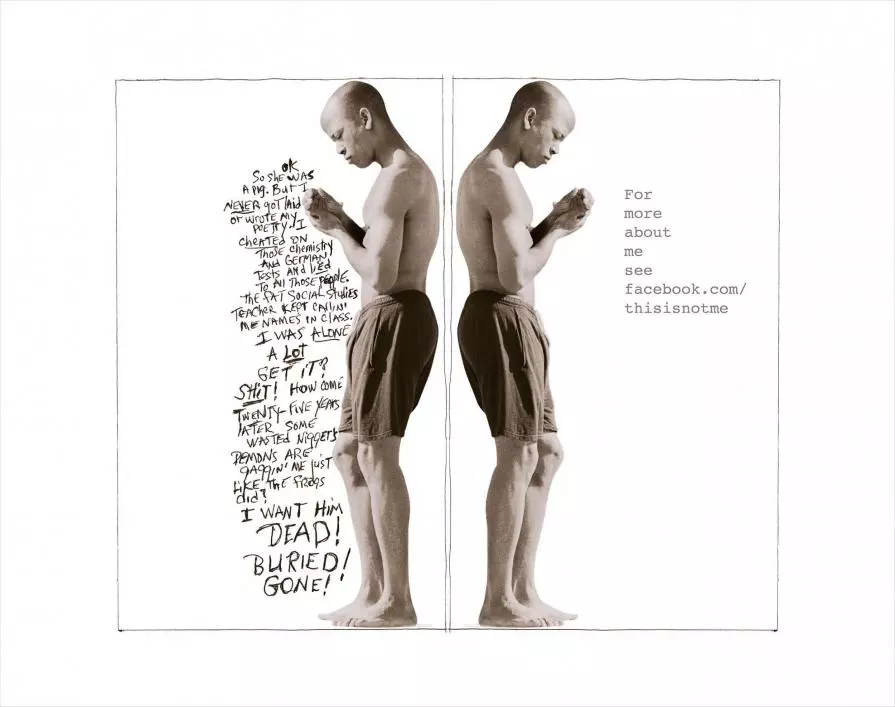
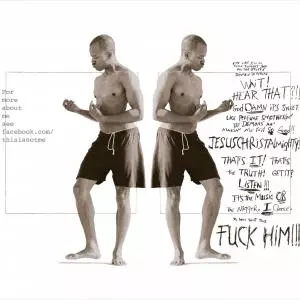
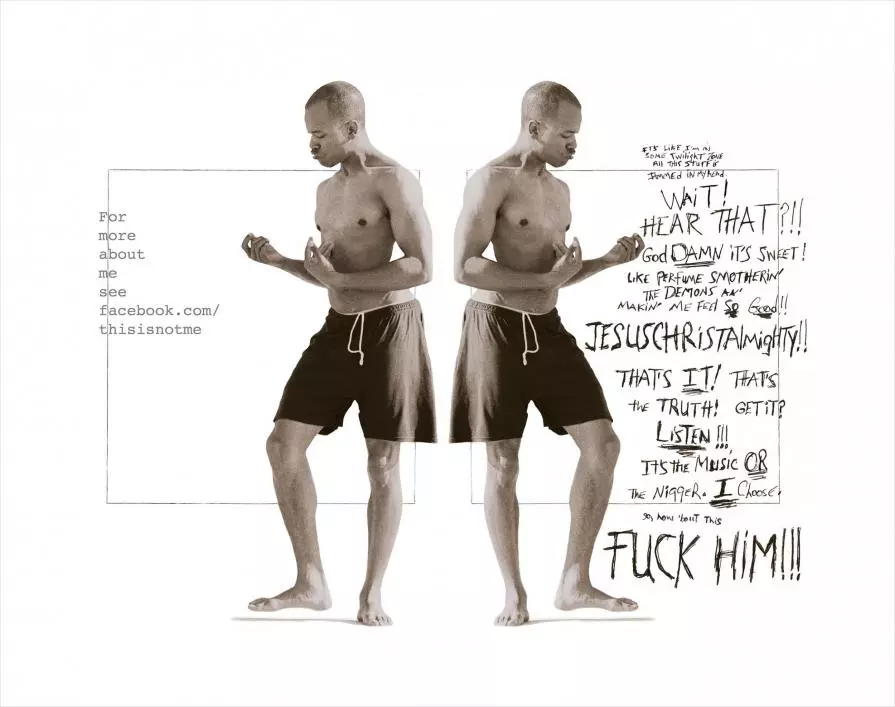

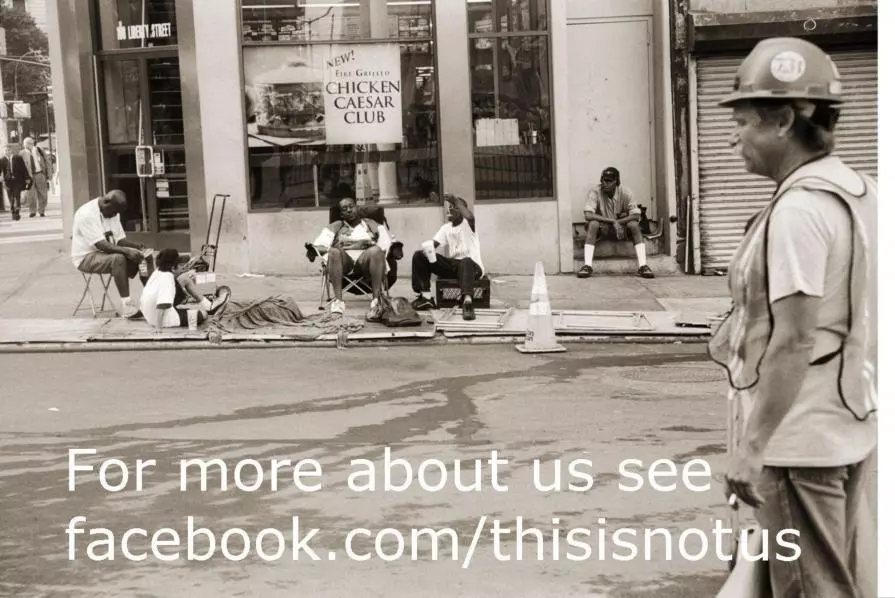
















Commenti 1
Inserisci commento